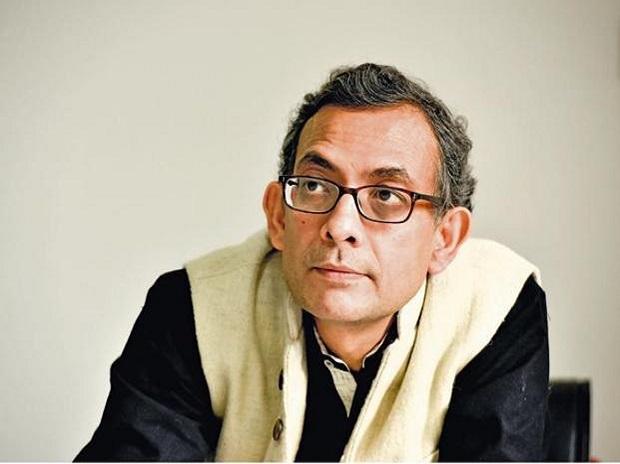Nobel laureate Abhijit Banerjee who received the coveted Nobel prize in Economics on Monday had spent 10 days in Delhi’s Tihar jail back in 1983 for joining the bandwagon in a students’ protest. For the unversed, he was a student of MA (Economics) from Jawaharlal Nehru University (JNU) during that time.
In a shocking turn of events, Banerjee and his friends were thrown in jail by the police for “gheraoing the vice-chancellor in his residence for the umpteenth time”.

“It was the summer of ’83 and we, the students of JNU, had gheraoed the vice-chancellor in his house for the umpteenth time. The pretext was the expulsion of the president of the student union, the Kanhaiya Kumar of the day, for reasons that escape me now,” Banerjee wrote an article which was published in Hindustan Times in February 2016, when JNU sedition problem was at its peak.
He further mentioned in the article that he and his friends were thrown in Tihar jail for 10 days and were thrashed as well. “We were beaten (I was) and thrown into Tihar jail, charged not quite with sedition, but attempt to murder and the rest. The charges were eventually dropped thank God but not before we spent 10 days or so in Tihar,” he wrote in the 2016 article.
The Indian-American economist wrote in his article that the Congress government at the centre including the Left-leaning faculty endorsed and supported the police action at that time.
“What it undoubtedly was is an attempt by the State to establish the lines of authority. We are the boss they were telling us, shut up and behave,” Banerjee said in the piece.
The renowned economist drew parallels to his arrest in the year 1983 and the JNU sedition row in 2016 in his article. Abhijit had also contended that the government action in both the cases “endangered the safe space that universities have traditionally provided.”
Dr Banerjee who is a reputed professor of Economics at Massachusetts Institute of Technology (MIT) in the United States has been awarded the prestigious Nobel Prize (2019) for his exemplary efforts and work on global poverty.
He has bagged the coveted award along with his wife Esther Duflo (Massachusetts Institute of Technology) and Michael Kremer (Harvard University) for their ability to divide the vast issue of combating global poverty into smaller subjects.












